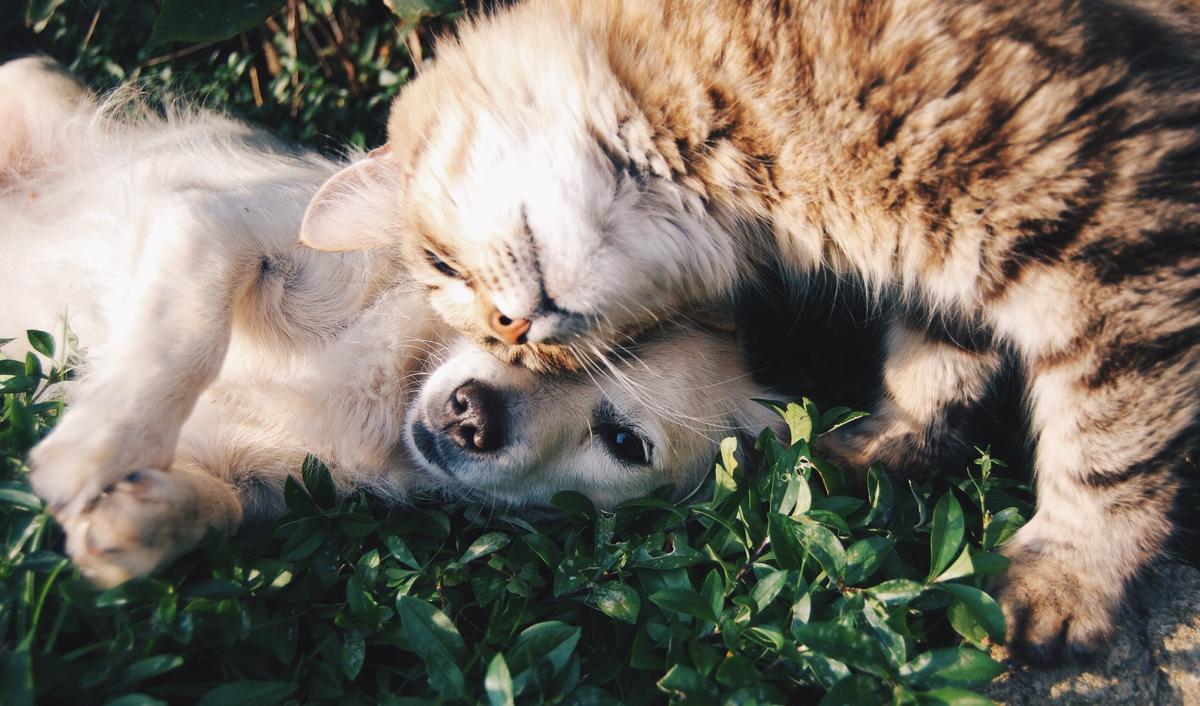
What is an Animal Behaviourist ?
31 January 2024
Updated 29 July 2024
An animal behaviourist is a highly specialised professional dedicated to the nuanced study, interpretation, and modification of animal behaviour with the overarching aim of enhancing their overall well-being. This field encompasses a wide spectrum of species, ranging from beloved domestic pets like dogs and cats to the intricate behavioural dynamics of wildlife, zoo inhabitants, and even farm livestock. The primary mission of an animal behaviourist is to unravel the intricate layers of animal behaviour, pinpoint underlying issues, and implement meticulously crafted strategies to effectively address behavioural challenges.
At its essence, the work of animal behaviourists revolves around a deep understanding of how animals interact with their surroundings, other members of their species, and humans. They delve into the multifaceted factors influencing behaviour, including genetic predispositions, environmental stimuli, and past experiences, synthesising this knowledge to promote animal welfare, resolve behavioural issues, and cultivate positive relationships between animals and their human caretakers.
Animal behaviourists commonly collaborate with various stakeholders, including pet owners, zoo staff, wildlife rehabilitation centres, research institutions, animal assisted services and welfare officers. Their diverse roles may encompass conducting thorough behavioural assessments, devising tailored training regimens, and implementing nuanced behaviour modification plans finely tuned to meet the specific needs of individual animals.
Key responsibilities of an animal behaviourist include:
- Behavioural Assessment: Conducting meticulous observations and analyses of an animal's behaviour to discern patterns, triggers, and potential signs of distress, taking into account their innate instincts, past experiences, and current environmental conditions.
- Training and Enrichment: Designing and executing comprehensive training programs aimed at modifying undesirable behaviours or reinforcing desired ones. This may entail employing positive reinforcement techniques, crafting enriching environments, and devising stimulating activities to bolster an animal's mental and physical well-being.
- Communication with Caretakers: Collaborating closely with pet owners, zookeepers, or farm managers to provide expert guidance on comprehending and managing animal behaviour effectively. Clear and consistent communication is pivotal in implementing behavioural strategies seamlessly.
- Research and Education: Engaging in research endeavours to contribute to the broader understanding of animal behaviour while also educating the public on crucial topics such as responsible pet ownership, wildlife conservation, and ethical treatment of animals.
- Problem Solving: Demonstrating adeptness in identifying and addressing behavioural problems in animals, be it aggression, fear, anxiety, or compulsive behaviours. Animal behaviourists meticulously uncover the root causes of these issues and implement tailored strategies to mitigate or manage them effectively.
Becoming an animal behaviourist typically necessitates a robust educational foundation in disciplines such as animal science, biology, psychology, or related fields. Advanced degrees, such as a Master's or Ph.D. in animal behaviour, offer specialised training and research opportunities crucial for excelling in this field.
In essence, an animal behaviourist serves as a dedicated advocate for animals, striving to elevate their quality of life through a blend of empathy, scientific rigour, and informed practice.
About Riverness
Riverness Animal Consulting stands as a premier online consultancy specialising in animal behaviour, training and management.
Book now to set you and your pet up for success!
